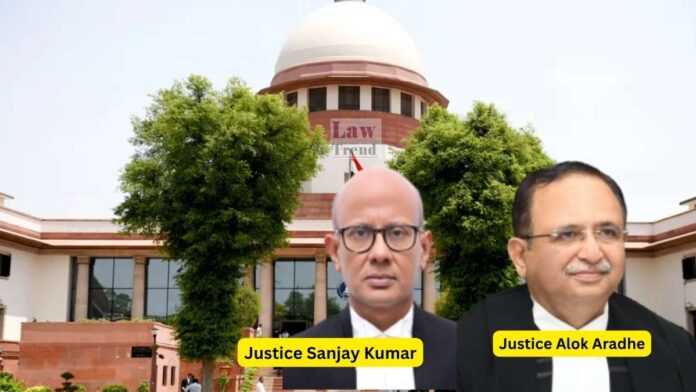The Supreme Court has held that the filing of a defective affidavit in support of an application under Section 7 of the Insolvency and Bankruptcy Code, 2016 (IBC), does not render the application non est (non-existent in law). The Court ruled that such procedural defects are curable and cannot be a ground to reject the
To Read More Please Subscribe to VIP Membership for Unlimited Access to All the Articles, Download Available Copies of Judgments/Order, Acess to Central/State Bare Acts, Advertisement Free Content, Access to More than 4000 Legal Drafts( Readymade Editable Formats of Suits, Petitions, Writs, Legal Notices, Divorce Petitions, 138 Notices, Bail Applications etc.) in Hindi and English.




